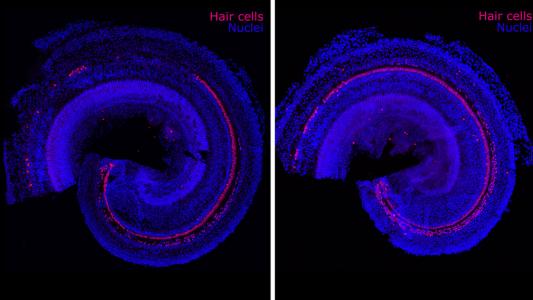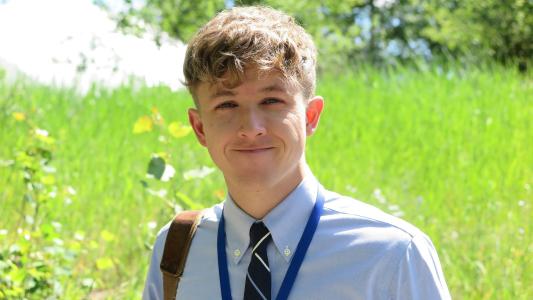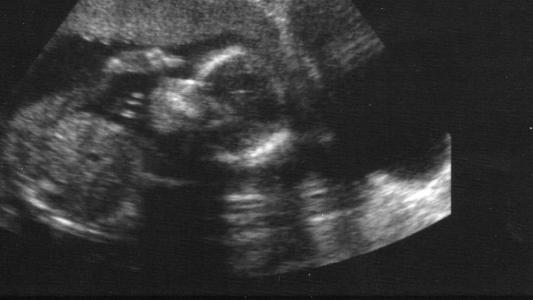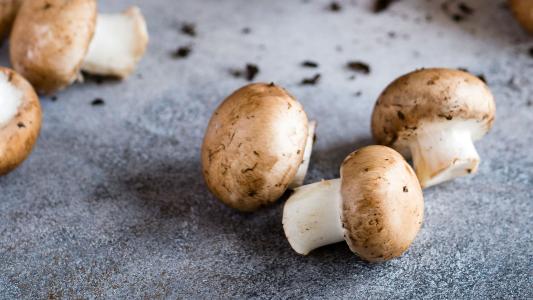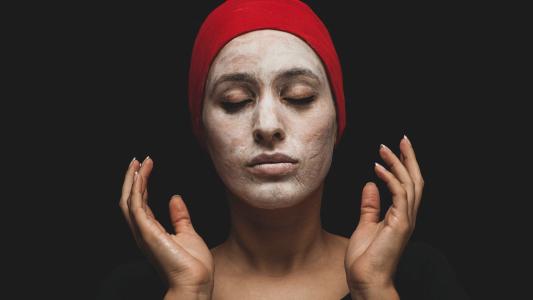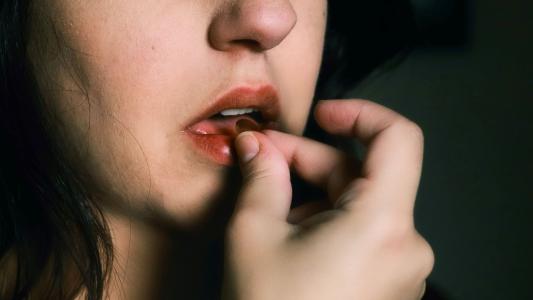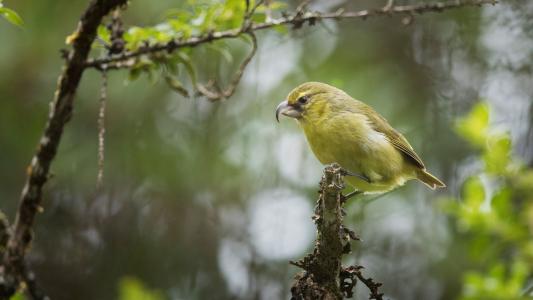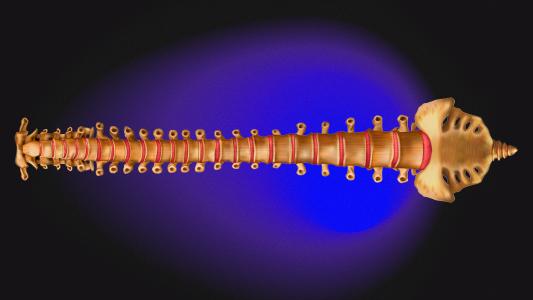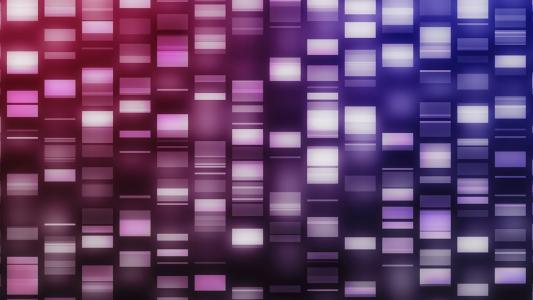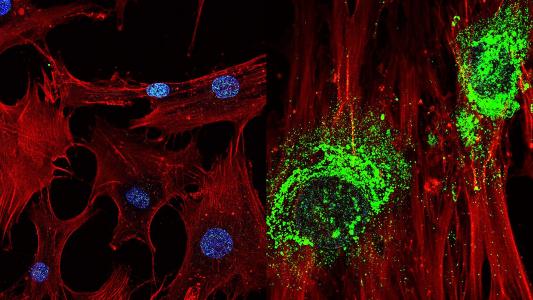Biology
Reversing hearing loss with regenerative therapy
MIT spinout Frequency Therapeutics’ drug candidate stimulates the growth of hair cells in the inner ear.
A physician didn’t shower for 5 years. Here’s what he found out.
Hygiene rituals are as old as recorded civilization, but capitalism has spurred us to use increasingly elaborate and expensive regimens.
Mammals dream about the world they are entering even before birth
A study finds that baby mammals dream about the world they are about to experience to prepare their senses.
Blasting mushrooms with UV light boosts vitamin D by 4,600%
Roughly half the world population, including in America, has insufficient levels of vitamin D. UV irradiated mushrooms can help.
Anti-aging isn’t a scam, but immortality almost certainly is
A new biotech firm with $3 billion in funding has announced plans to combat aging. But what does that mean for human life span, exactly?
How the antidepressant Prozac could treat blindness
Prozac is a widely used antidepressant. Data indicates that the drug could be used to prevent blindness due to macular degeneration.
Digital sound archives can bring extinct birds (briefly) back to life
Sound recordings remind us that these beings are invaluable, and that humans have a duty to preserve them.
Spinal cord implants help paralyzed people walk again
A new spinal cord implant uses electricity to reawaken spinal neurons.
New tech cuts years off of DNA sequencing
The Stanford Medicine team set a new record for DNA sequencing. They went from obtaining a blood sample to diagnosing an illness in just 8 hours.
Sonic waves could help bones grow back after cancer
A technique that turns stem cells into bone cells using only sound waves could help people regrow bone destroyed by disease.
